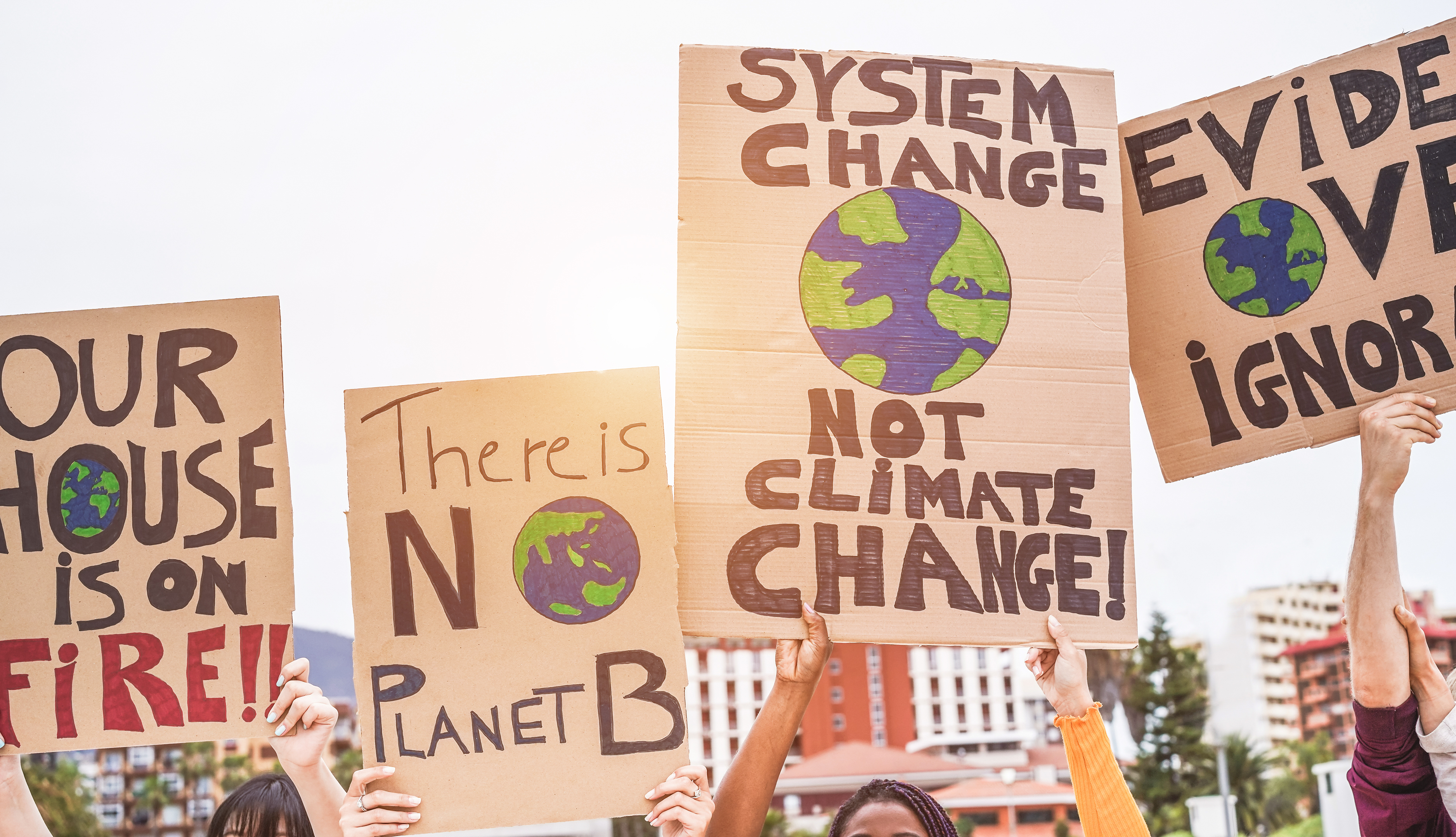The federal appeals court allowed the FCC to continue giving internet service providers substantial discretion to control the way in which consumers access the internet.
On Wednesday, January 29, 2020, a federal jury reached a verdict in California Institute of Technology v. Broadcom Limited and Apple, Inc, a lawsuit involving alleged patent infringement of the California Institute of Technology's patents on Wi-Fi networking technologies. The jury awarded $1.1 billion in damages to the university for the patent infringement. Specifically, the jury awarded the university $270 million for Broadcom's infringement and $837 million for Apple's infringement.
A $550 million settlement has been announced in a class action lawsuit against Facebook alleging that it violated an Illinois privacy law through its use of facial recognition technology. Since 2010, the social media platform has used a photo recognition feature on users' photos in order to offer Tag Suggestions. The plaintiffs in the lawsuit alleged that the practice of collecting biometric data of this nature without users' permission or any information as to how long the information would be kept violated Illinois law.
Tech giant Google faces scrutiny from state attorneys general and the federal Justice Department for potential violations related to online searches, advertising, and Android products.
On Friday, January 17, 2020, a three-judge panel in the United States Court of Appeals for the Ninth Circuit reversed and remanded a climate change lawsuit brought by Our Children's Trust against the federal government. The panel reversed the district court's interlocutory orders and remanded the case to the district court with instructions to dismiss the case for lack of standing. The lawsuit involves 21 young people who allege climate-change related injuries caused by the federal government's "permit[ting], authoriz[ing], and subsidiz[ing] fossil fuel."
Last week, 14 states and the District of Columbia filed a lawsuit against the federal government to challenge new regulations put forth by the United States Department of Agriculture (USDA) that are estimated to cause almost 700,000 people to lose food stamp assistance. The proposed changes would affect states' ability to obtain waivers for work requirements that apply to the Supplemental Nutrition Assistance Program (SNAP) by implementing more restrictive definitions of exceptions to work mandates related to things including insufficient job availability, geographic boundaries, and duration.
The proposed law would criminalize the use or possession of cell phones by Vermont residents who are under 21.
A new lawsuit filed on behalf of 12 plaintiffs aims to protect immigrant children from "aging out" of the immigration system when they turn 21 if their parents are H-1B visa holders from India. Dependents of H-1B holders have the ability to remain in dependent H-4 status if their wait for lawful permanent resident status is increased due to per country limits on the number of immigrant visas. However, current per country limits and national origin-specific visa bulletin charts dictate that children from India are subject to decades-long waits, which causes them to lose eligibility to immigrate with their parents when they turn 21.
A state court judge struck down a New York City rule that targeted Uber and Lyft in an alleged effort to reduce traffic congestion in Manhattan.
In what is believed to be the first settlement of its kind in the country, Sutter Health has agreed to pay $575 million and be the subject of ongoing monitoring in a class action antitrust lawsuit. The action, which was brought by the California Attorney General, unions, and employers, alleged anti-competitive conduct by the large Northern California health system, and represented renewed interest in major health care providers using their market share to discourage competition.










